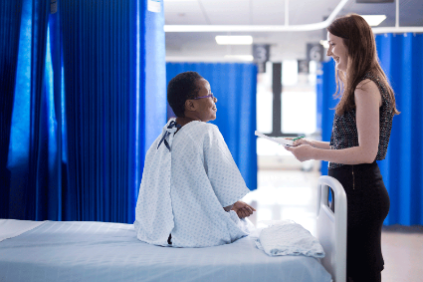Hospital Pharmacy Careers
Hospital pharmacists are a vital part of the healthcare team.
Working in either the NHS or private hospitals, being a hospital
pharmacist means you’re part of a team where the focus is firmly
on patients.
There's a lot of variety in hospital pharmacy in
terms of what you can do and you will always be
working within a team of pharmacy staff which
include pharmacists and pharmacy technicians.
You might get involved in manufacturing,
developing, testing, supplying and monitoring
the effectiveness of all of the medicines used
in the hospital.
You'll also provide advice to other healthcare
professionals and not just patients, you may
evaluate medicines and develop protocols.
You may then specialise later in your career
in conditions such as mental health, cancer
(oncology) and the heart (cardiology); and
specialist areas of practice, such as paediatrics
(child health), and the care of older people.
Pharmacists also work in urgent and emergency
medicine departments, quality assurance, clinical
trials, and in medicines information departments.
You will have opportunities to progress into
management or teaching roles within the
hospital and work closer with the wider
healthcare team (e.g. doctors, nurses).